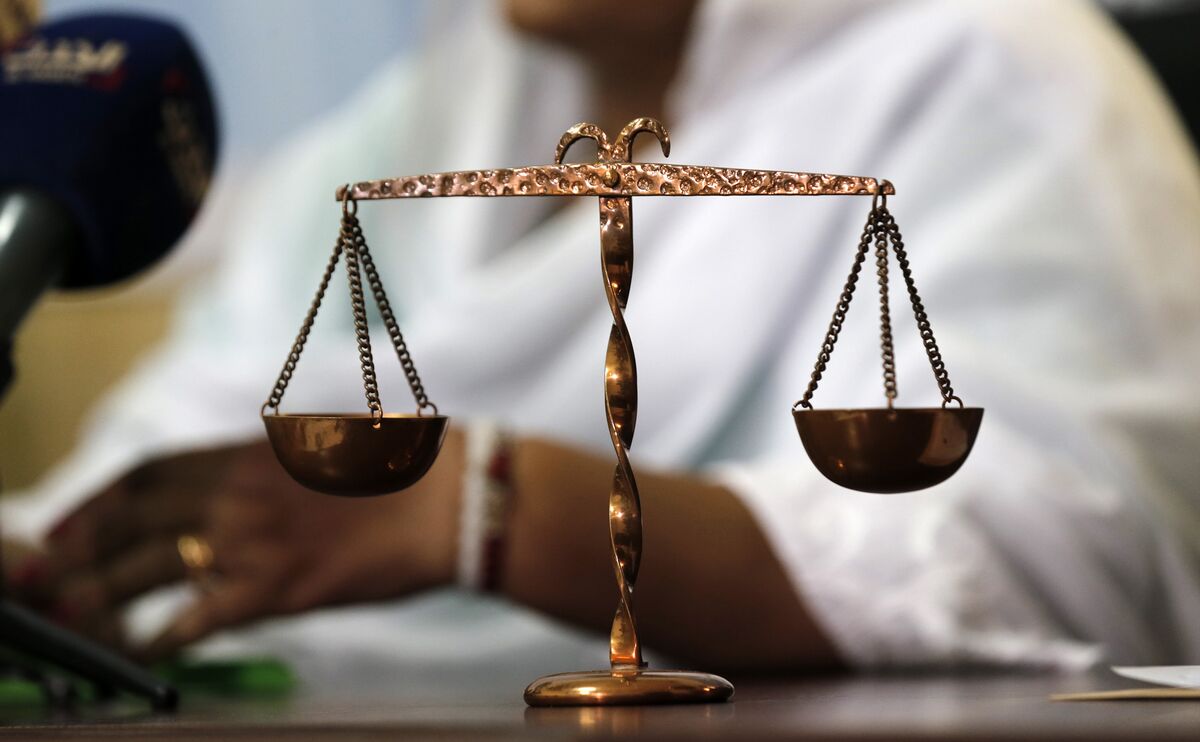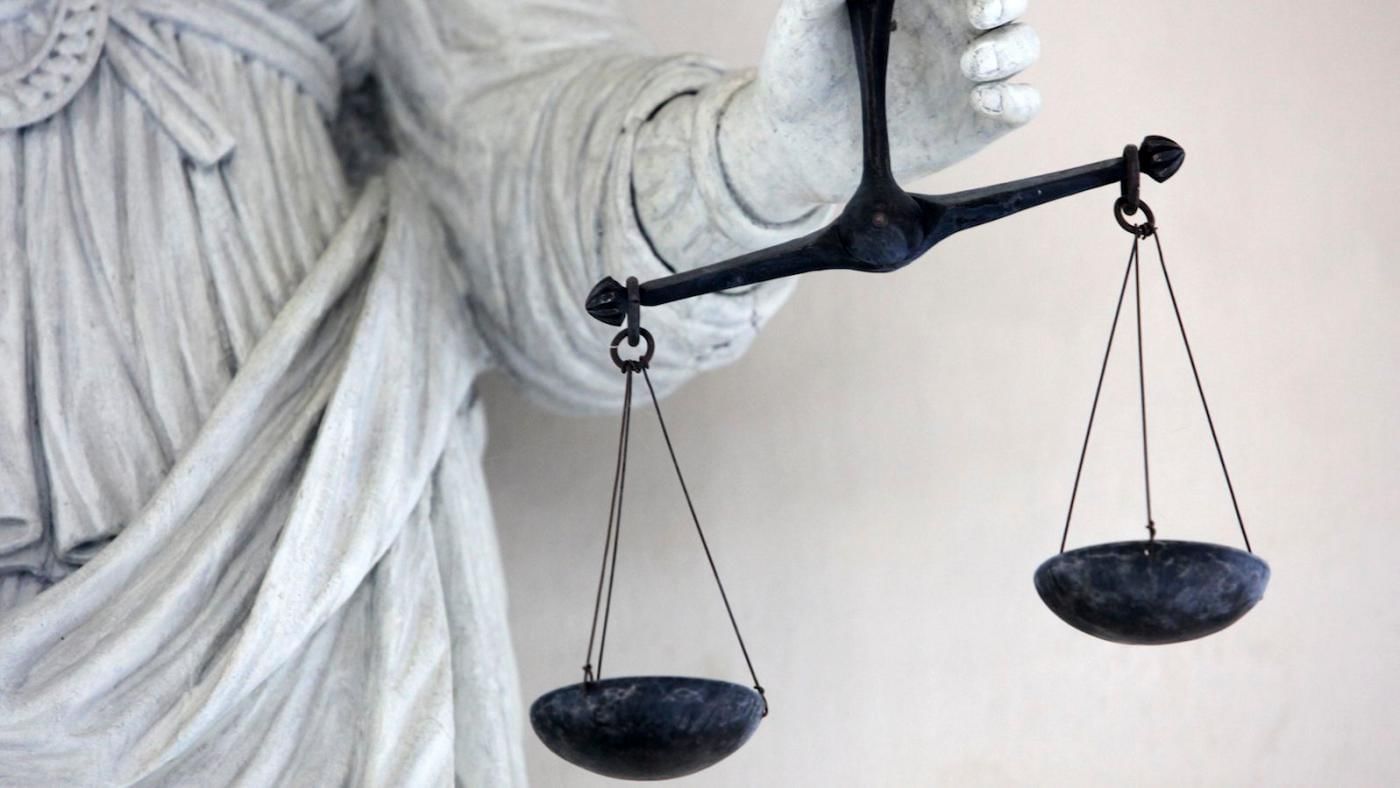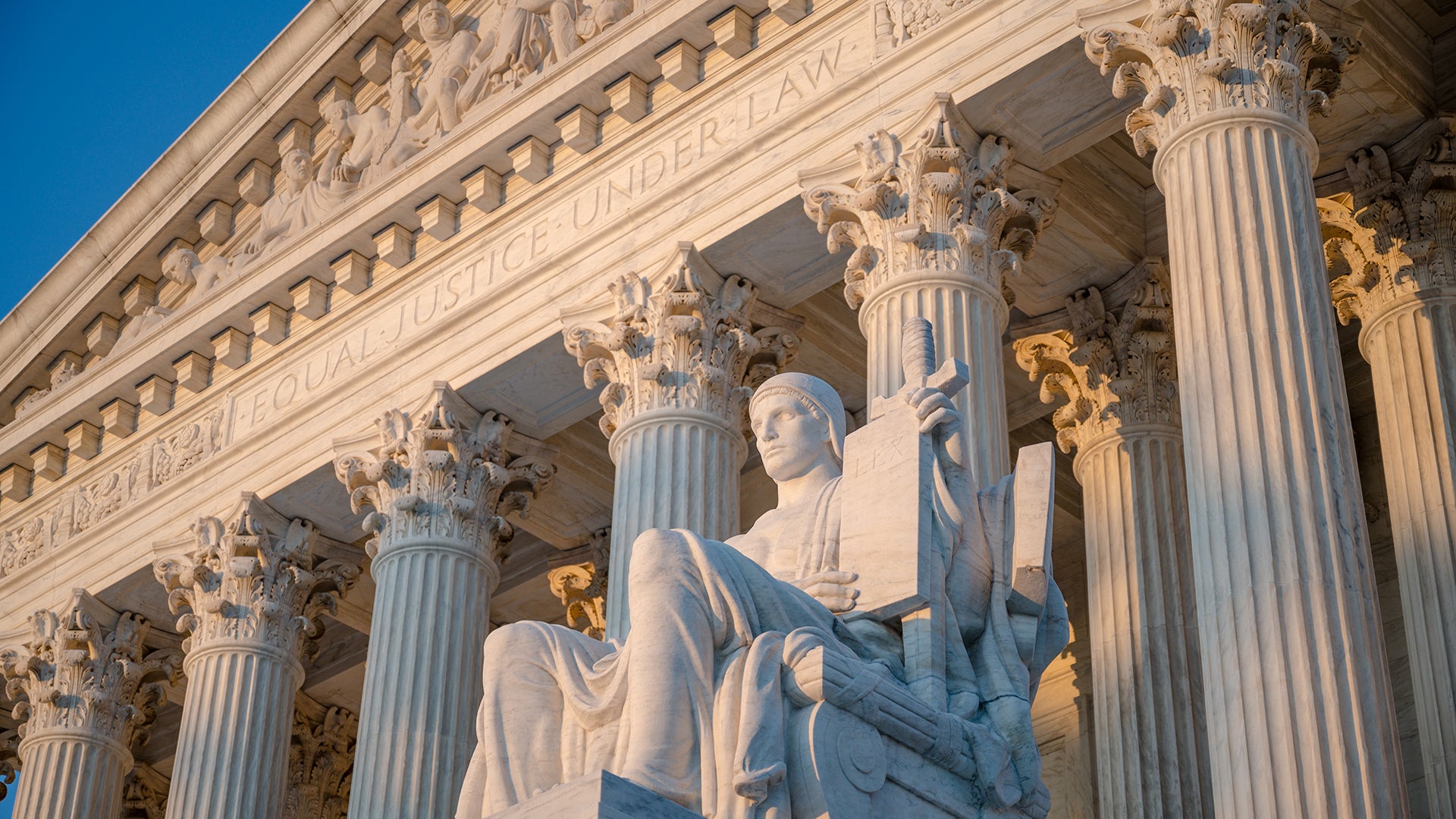The concept of finality in the context of judicial disputes plays a pivotal role in maintaining order and coherence within the justice system. It serves as a mechanism to ensure that once a matter has been adjudicated, it cannot be relitigated, thereby offering a sense of closure to the parties involved. This foundational principle underpins the functioning of courts, promoting certainty and stability in legal relationships.
Recognizing this principle allows individuals and entities to rely on judicial outcomes, understanding that the resolution reached by a court is not only decisive but also enduring. It mitigates the potential for endless litigation, which can drain resources and create uncertainty within communities. By embracing this tenet, the judicial system upholds respect for its decisions, fostering public confidence.
Moreover, the application of this principle is particularly significant in various scenarios, ranging from civil to criminal matters. It acts as a safeguard against contradictory verdicts and encourages parties to present their strongest cases at the outset. Through this lens, the role of this doctrine becomes clear: it is essential in cultivating a fair and efficient judicial process, ensuring that justice is served with both authority and reliability.
What is Res Judicata?
This doctrine serves to prevent the relitigation of issues that have already been resolved by a competent authority. It is aimed at promoting finality in judgments, ensuring that disputes are settled once and for all, thereby conserving judicial resources and maintaining social order.
Principles of Finality
At its core, the principle of finality protects the integrity of decisions made by courts. Once a matter has been adjudicated, parties cannot return to the same court with the same claims. This reinforces the certainty of outcomes and minimizes the potential for contradictory verdicts.
Criteria for Application
For this principle to come into play, several conditions must be satisfied. The earlier adjudication must have been made by a competent tribunal, involved the same parties, and addressed the same issues. If these elements are met, any subsequent attempt to relitigate the matter is typically barred.
The Historical Context of Res Judicata
The concept of finality in judicial decisions has a rich and intricate history. Its evolution reveals society’s growing recognition of the need for closure in disputes, ensuring that once a matter has been resolved, it should not be retried. Over centuries, various cultures and legal systems have grappled with the balance between justice and efficiency, shaping the principles that govern the resolution of conflicts.
Ancient Roots
The origins of the principle can be traced back to ancient civilizations, where decisions made by rulers or councils were often deemed absolute. In Roman law, for instance, certain tenets emerged that prevented the re-litigation of issues that had already been settled, reflecting an early understanding of the necessity for certainty in legal outcomes.
Development Through the Ages
As legal systems evolved, this notion became increasingly formalized. Medieval and early modern European courts began to adopt structured rules that emphasized the importance of finality in decisions. Various doctrines emerged, influencing contemporary legal frameworks worldwide. The codification of these principles laid the groundwork for modern interpretations and applications in contemporary justice systems.
| Period | Key Developments |
|---|---|
| Ancient Civilizations | Establishment of absolute rulings by authorities, leading to initial concepts of finality. |
| Roman Era | Introduction of legal tenets that discouraged re-litigation, recognizing the need for certainty. |
| Medieval Period | Formalization of structured rules regarding final decisions in courts. |
| Modern Era | Codification of principles leading to contemporary applications in justice systems. |
Key Principles of Res Judicata
The doctrine that prevents parties from relitigating issues that have already been resolved serves fundamental purposes within the realm of justice. This principle fosters finality in court decisions, ensuring that disputes reach a resolution and promoting efficiency within the judicial system. By minimizing repetitive litigation, the framework supports the reliability of judicial outcomes and boosts the public’s confidence in legal processes.
One primary tenet of this doctrine is the concept of “claim preclusion.” This principle asserts that once a matter is decided, it cannot be brought back to court in any form. The aim is to avoid inconsistent judgments and to honor the integrity of previous rulings. Additionally, “issue preclusion” plays a significant role by barring the re-examination of specific issues that were already litigated and determined, even if the cases are different. This helps streamline court procedures and reduces the burden on judicial resources.
Moreover, the necessity of a final judgment is integral to this legal doctrine. Only decisions made by a competent court can invoke this rule. The parties involved must have had the opportunity to participate fully in the earlier litigation for the principles to apply. These criteria safeguard against unfair advantages and ensure that all relevant arguments are heard before a conclusion is reached.
In summary, these principles underline the necessity of stability within the judicial framework, encouraging parties to settle their disputes effectively while bolstering the rule of law. They work together to maintain order and certainty in the resolution of conflicts, which is essential for a functioning society.
Impacts on Future Legal Cases
The principle that concludes matters already adjudicated plays a significant role in shaping subsequent judicial actions. When a case is resolved, it not only affects the parties involved but also lays groundwork for future disputes. Understanding this principle is essential for navigating the complexities of the judicial system.
Effects on Subsequent Actions
Once a matter has been adjudicated, several key consequences emerge:
- The same issues cannot be presented again, preventing duplicative efforts and conserving judicial resources.
- Parties may find their established rights reinforced, offering a clearer roadmap for future interactions.
- Judgments create a body of principles that inform future cases, guiding lawyers and judges in decision-making.
Considerations for Future Litigants
For those contemplating entering the courtroom, there are critical aspects to consider:
- Awareness of prior rulings can dictate strategies for potential claims.
- Overall, knowing how past verdicts shape present opportunities is crucial for effective legal representation.
- Engaging with existing precedents can offer clarity around expectations and outcomes.
Ultimately, the effects of concluded cases are profound, influencing not only the immediate parties but also the broader legal landscape.
Exceptions to Res Judicata Rules
In the realm of judicial decisions, certain circumstances can allow parties to challenge or evade the finality of previously decided cases. These scenarios provide avenues for litigation to continue, even when a matter has ostensibly been resolved. Understanding these exceptions is crucial for grasping the broader implications within the judicial context.
- Change of Circumstances: When significant changes occur that affect the original basis of the ruling, parties may seek to have the decision revisited.
- New Evidence: The discovery of previously unavailable evidence can serve as a basis for reopening a case, challenging the initial findings.
- Different Parties: If new parties are involved or if there are changes in the relationships between involved parties, prior judgments may not apply.
- Public Policy: Cases where upholding a previous ruling would contravene established public policy may be an exception.
- Jurisdictional Issues: A lack of appropriate jurisdiction in the initial ruling can lead to invalidation and the possibility of redress.
These exceptions highlight the necessity for a nuanced approach when considering the finality of judicial decisions. Recognizing when these factors apply ensures fairness and justice within the judicial system, allowing for adaptability in the face of evolving circumstances.
Importance of Res Judicata in Justice System
The principle that prevents the same issue from being litigated multiple times holds significant value within the judicial framework. This doctrine ensures that once a dispute has been conclusively resolved, it remains settled, safeguarding the efficient functioning of the court system and promoting fairness among parties involved. Its application strengthens public confidence in the judiciary by upholding the finality of decisions.
Benefits of Finality
- Reduces the burden on courts by minimizing repetitive litigation.
- Encourages parties to settle disputes thoroughly in the initial stages.
- Helps establish consistency and predictability in the application of the law.
Protection of Rights
- Upholds the integrity of the judicial process, preserving the rights of all parties.
- Prevents injustice that could arise from conflicting decisions on the same matter.
- Fosters a sense of security for individuals and entities by ensuring established results are respected.
The application of this principle plays a crucial role in promoting a just and efficient environment within the legal system, thereby contributing to a fair society overall.
Q&A: What is res Judicata
What is res Judicata and why is it important in legal proceedings?
Res Judicata, also known as claim preclusion, is a legal doctrine that prevents parties from litigating the same issue more than once after a court has made a final judgment on the matter. Its importance lies in promoting judicial efficiency, conserving resources, and enforcing legal stability. By ensuring that once a dispute has been resolved, it cannot be reopened, res Judicata helps maintain the integrity of the legal system, protects litigants from unnecessary legal costs, and reinforces the finality of court decisions.
How does res Judicata differ from collateral estoppel?
Res Judicata and collateral estoppel are both part of the broader concept of claim preclusion, but they apply to different aspects of judicial decisions. Res Judicata bars the re-litigation of claims that have already been decided in a final judgment, regardless of whether the specific issue was addressed in that prior litigation. Collateral estoppel, on the other hand, precludes the re-litigation of specific issues that were determined in a previous case, even if the new case involves different claims. In summary, res Judicata applies to entire claims while collateral estoppel applies to individual issues within those claims.
Are there any exceptions to the res Judicata doctrine?
Yes, there are several exceptions to the res Judicata doctrine. For instance, if the initial judgment was issued in a court that lacked proper jurisdiction, the res Judicata effect can be challenged. Additionally, if there has been a significant change in circumstances or new evidence has emerged that could not have been presented in the initial case, a party may be able to argue for reopening the case. Furthermore, certain types of cases, such as those involving family law matters, may have different rules that allow for modifications or rehearings. Understanding these exceptions is crucial for parties involved in litigation to assess their options effectively.
How can parties effectively use res Judicata in their favor during legal proceedings?
To effectively utilize res Judicata in legal proceedings, parties should focus on ensuring that all relevant issues are thoroughly litigated in the initial case. This includes presenting comprehensive evidence and legal arguments to avoid leaving aspects unaddressed that could lead to future litigation. Additionally, parties should document the final judgment, as having a clear, detailed record helps in asserting res Judicata in subsequent litigation. Moreover, understanding the precedents and jurisdictional nuances governing res Judicata can assist legal practitioners in advising their clients on the best strategies to avoid unnecessary disputes or to affirm past decisions.
What impact does res Judicata have on appellate court decisions?
Res Judicata can have a significant impact on appellate court decisions. Once a lower court has issued a final judgment that is subject to res Judicata, appellate courts typically will not revisit the same issues or claims if they were already decided. This principle reinforces the finality of lower court rulings and prevents litigants from seeking multiple appeals on the same matter. However, appellate courts may still review procedural issues or claims that were not fully resolved in the earlier case, especially if there are grounds for a legitimate appeal such as legal error or jurisdictional challenges. Overall, res Judicata serves to streamline the appellate process by limiting the scope of issues that can be revisited.
What is the doctrine of res Judicata and how does it affect subsequent lawsuits?
The doctrine of res Judicata, also known as claim preclusion, prevents parties from re-litigating issues that have already been judged in a final judgment on the merits. This doctrine applies to both state and federal courts, ensuring that a party cannot sue for the same cause of action after a competent jurisdiction has issued a final judgment. The application of res Judicata requires that the parties involved, the issues presented, and the cause of action in the second suit must be the same as those in the earlier action, effectively barring further claims on the matter.
How does collateral estoppel differ from res Judicata?
Collateral estoppel, also referred to as issue preclusion, differs from res Judicata in that it prevents a party from re-litigating a specific issue that has already been decided in a prior action, rather than the entire cause of action. While res Judicata precludes parties from suing on the same claim, collateral estoppel prevents parties from contesting an issue that was actually litigated and decided in an earlier proceeding. The court must determine whether the issue was decided in the first case and whether the party had a fair opportunity to litigate the issue in the prior proceeding.
What role does privity play in the application of res Judicata?
Privity refers to a close relationship between parties that allows for the application of res Judicata in cases involving different parties. For instance, if a party’s interests are represented in a prior action, that party may be barred from re-litigating the same cause of action under the doctrine of res Judicata. The concept of privity is essential in determining whether parties or their privies can be affected by a final judgment, ensuring that the principles of fairness and judicial efficiency are upheld in the legal system.
In what situations might res Judicata not apply?
Res Judicata does not apply in situations where the second action involves a different cause of action or when the earlier judgment was not issued by a court of competent jurisdiction. Additionally, if a party did not have a full and fair opportunity to litigate their case in the first action, the court may determine that applying res Judicata would be unjust. Furthermore, new evidence or changes in circumstances that could not have been raised in the first lawsuit may also provide grounds for a new lawsuit, allowing the party to pursue their claim without being barred by res Judicata.
How does the concept of “double jeopardy” relate to the doctrine of res Judicata?
The concept of double jeopardy relates to res Judicata in that both doctrines aim to prevent the same issue from being tried multiple times, thereby protecting individuals from the burden of repeated litigation. However, double jeopardy specifically applies to criminal cases, preventing a defendant from being tried again for the same crime after a verdict has been reached, while res Judicata applies to civil cases and encompasses broader claims and causes of action. Both doctrines serve to uphold the finality of judgments and the integrity of the legal process.





